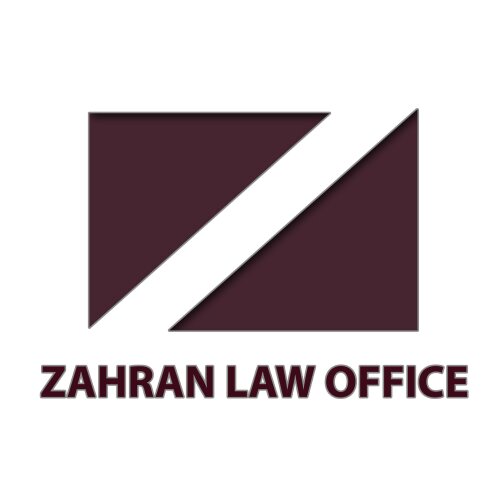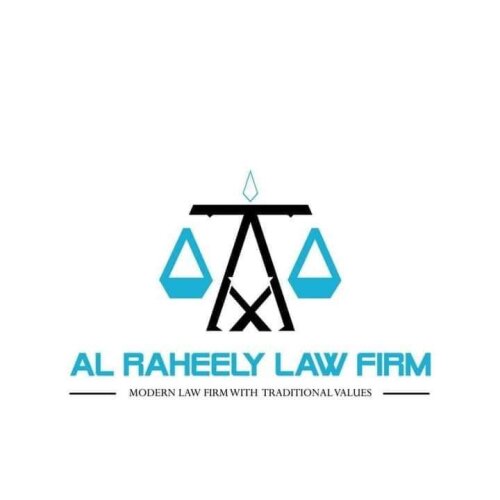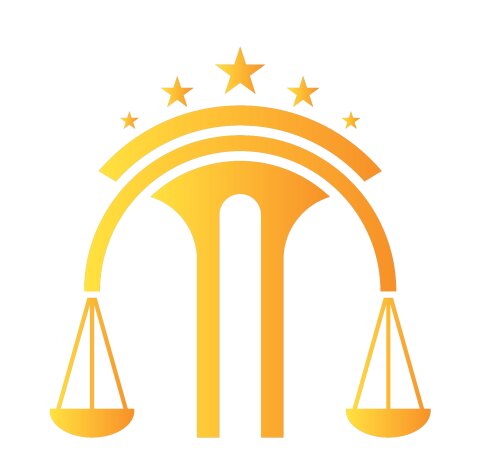Best Antitrust Litigation Lawyers in Cairo
Share your needs with us, get contacted by law firms.
Free. Takes 2 min.
List of the best lawyers in Cairo, Egypt
About Antitrust Litigation Law in Cairo, Egypt
Antitrust litigation is a specialized area of law in Cairo, Egypt, focusing on the regulation of competition in the marketplace. The primary goal of antitrust laws is to prevent anti-competitive practices, such as monopolies, cartels, and collusion, that could harm consumers and hinder the fair functioning of markets. In Cairo, as in the rest of Egypt, antitrust issues are mainly governed by the Egyptian Competition Law, which is overseen and enforced by the Egyptian Competition Authority (ECA). Litigation can arise when companies or individuals engage in practices that violate these laws, leading to court cases, regulatory investigations, and significant penalties.
Why You May Need a Lawyer
Antitrust litigation can be complex and confusing for individuals and businesses alike. Legal assistance is often necessary in situations including:
- Facing investigations or enforcement actions by the Egyptian Competition Authority
- Being accused of price fixing, collusion, or other anti-competitive activities
- Responding to complaints filed by competitors, customers, or regulatory bodies
- Seeking guidance on compliance with competition law during mergers, acquisitions, or joint ventures
- Launching a new product or entering agreements that may affect market competition
- Pursuing damages if your business was harmed by anti-competitive behavior from others
- Understanding exemptions or leniency available under local law
- Negotiating settlements or representing your interests in court
Local Laws Overview
In Cairo, antitrust litigation is primarily governed by the Egyptian Competition Law No. 3 of 2005 and its amendments. The law prohibits anti-competitive agreements, abuse of dominant market positions, and certain types of economic concentration that may restrict competition. Key aspects include:
- Prohibition of agreements or practices that fix prices, limit production, or allocate markets
- Restrictions on the abuse of dominant positions by companies, such as imposing unfair sale or purchase prices
- Supervision of mergers and acquisitions to prevent excessive concentration, subject to notification thresholds
- Investigation powers granted to the ECA, including dawn raids, requests for information, and interviews
- Powers to impose significant fines and other remedies for violations
- Provisions for leniency programs for parties who self-report involvement in anti-competitive practices
- The ability for affected parties to seek civil damages in court based on antitrust violations
Frequently Asked Questions
What is antitrust litigation?
Antitrust litigation refers to legal actions taken against businesses or individuals accused of violating competition laws, such as engaging in price fixing, monopolistic practices, or other anti-competitive activities.
Who enforces antitrust laws in Cairo?
The Egyptian Competition Authority is the main regulator responsible for investigating and enforcing antitrust laws in Cairo and throughout Egypt.
What are the consequences of violating antitrust laws in Egypt?
Violators may face significant administrative fines, orders to cease certain conduct, potential civil liability for damages, and reputational harm.
Can a business collaborate with competitors without violating antitrust laws?
Certain collaborations, such as standard setting or technology sharing agreements, may be legal if they do not restrict competition. It is important to seek legal advice before entering such arrangements.
What should I do if I receive a notice from the Egyptian Competition Authority?
Contact a qualified antitrust lawyer immediately. They can help you understand your rights, obligations, and the best way to respond.
Are there exemptions to Egyptian antitrust laws?
Yes, some activities, like actions sanctioned by law or those deemed to serve the public interest, may be exempt. Each case needs to be reviewed carefully by a lawyer.
How does the leniency program work?
The leniency program allows companies or individuals involved in anti-competitive conduct to receive reduced penalties or immunity if they voluntarily self-report to the authorities and cooperate with investigations.
Can victims of anti-competitive behavior sue for damages?
Yes, individuals or businesses harmed by violations of competition law can bring civil claims for damages in the courts.
What is considered an abuse of dominance?
Abuse of dominance includes unfair pricing, refusal to deal, exclusive dealing, and other practices by a dominant company that restrict competition or harm consumers or competitors.
How long do antitrust investigations usually take?
The duration varies depending on the complexity of the case. Some investigations may be resolved within months, while others can take years, especially if litigation is involved.
Additional Resources
If you need more information or assistance regarding antitrust litigation in Cairo, the following resources can be valuable:
- Egyptian Competition Authority (ECA): The national body responsible for the enforcement of competition law
- Ministry of Trade and Industry: Provides updates on regulations affecting commerce and competition
- Egyptian Bar Association: For finding qualified legal professionals specialized in competition law
- Local business chambers and trade associations: Often offer compliance seminars and advice on fair competition
- Law libraries and university legal clinics: May provide educational materials and limited guidance for small businesses
Next Steps
If you believe you are facing an antitrust issue in Cairo, consider taking these steps:
- Gather all relevant documentation, such as contracts, communications, and notices from authorities
- Consult with a lawyer who specializes in antitrust or competition law as soon as possible
- Do not discuss your case with third parties or competitors without legal advice
- Review your business practices to ensure compliance with local laws
- Stay informed about updates in Egyptian competition law and related regulations
Lawzana helps you find the best lawyers and law firms in Cairo through a curated and pre-screened list of qualified legal professionals. Our platform offers rankings and detailed profiles of attorneys and law firms, allowing you to compare based on practice areas, including Antitrust Litigation, experience, and client feedback.
Each profile includes a description of the firm's areas of practice, client reviews, team members and partners, year of establishment, spoken languages, office locations, contact information, social media presence, and any published articles or resources. Most firms on our platform speak English and are experienced in both local and international legal matters.
Get a quote from top-rated law firms in Cairo, Egypt — quickly, securely, and without unnecessary hassle.
Disclaimer:
The information provided on this page is for general informational purposes only and does not constitute legal advice. While we strive to ensure the accuracy and relevance of the content, legal information may change over time, and interpretations of the law can vary. You should always consult with a qualified legal professional for advice specific to your situation.
We disclaim all liability for actions taken or not taken based on the content of this page. If you believe any information is incorrect or outdated, please contact us, and we will review and update it where appropriate.

















